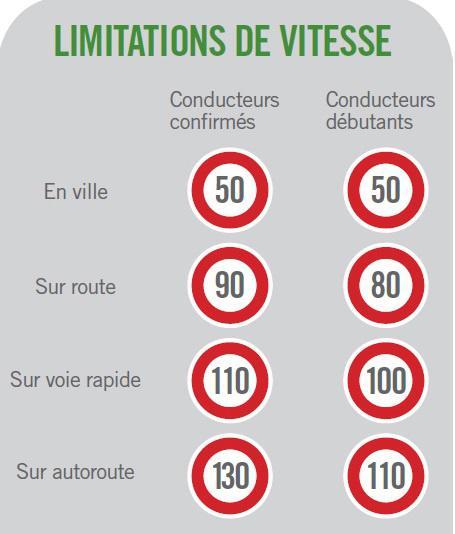Accompanied driving: what you need to know
All about the driver's license
In 2011, 190,628 driving licences were issued through early driving Learning (AAC), often referred to as "accompanied driving". Adolescents and parents find a place to meet in this way.
2 min de lectureThis content has been added to your favorites
Voir mes favorisThis content has been removed from your favorites
Voir mes favorisTo add this content to your favorites you must be logged in
Me connecterTo add this content to your favorites you must be a subscriber
M'abonnerThe figures are revealing: at the first pass, the test pass rate is almost 69.5% in the context of early driving learning, whereas the conventional technique offers only one in two chances of success in the first examination.?
The 2009 reform, however, resulted in an improvement in the success rate of conventional technology. The licence test is now based on a check of competence and no longer on a record of errors. For the first time, the pass rate in the driving test exceeded the 60 per cent threshold (60.25 per cent) in July 2010.

More importantly, the investigations made by insurers would tend to prove that accompanied driving reduces the risk of accidents for young drivers!
Early driving Learning (AAC)
The student must be between 16 and 18 years of age, have the consent of the parents and the vehicle insurer, and possess the level 2 School Road Safety Certificate (ASSR) or the Road Safety Certificate (RSA).
The guardian must have held the licence for at least five years without having committed a serious offence and applying for an extension of insurance.
As the holder of the code, the candidate will have to take a 20-hour initial training in driving school, drive 3,000 km and take part in two pedagogical appointments with his tutor.
How do we do that?
Learning to lead someone is first of all willing to give (a lot) of their time. There is also a need to diversify the routes offered: short or long, in dry or wet weather, in the city, on road or motorway, night or day. Peace and confidence are also essential.
It is best to stay cool and propose a discussion after the driving session so as not to distract the young driver. To enable him to progress in his practice, the councils must be wise, never devaluing, and the tutor must continue to drive properly and set a good example.
Accompanied driving is an interesting approach at the family level. In addition to the success of the child, the guardian-father, mother, older brother … -is strengthened in his / her role as a pedagogue. Success affects both the teaching parent and the young driver. As long as everyone does their part, early driving Learning (AAC) has a real impact on relationships.
A lire aussiAuteur : Astrid Charlery LaboucheArticle publié leDans le dossier All about the driver's license









10 Ways to Stay Safe When You Live Alone
Hotels, restaurants: tips paid by credit card will soon be tax-exempt
"I was a rot in the evening and a good cop in the morning": meeting with "Haurus", the thug policeman of the DGSI
Will Belgian workers quit?